AI Travel for RVers: How to Plan Smarter, Easier Road Trips

Ever wish you had a personal travel planner riding shotgun in your RV? One who knows every dog-friendly park, fuel stop, low bridge, and scenic boondocking site along your route? Welcome to the new world of AI-powered trip planning — where apps and innovative tools do the heavy lifting so you and your co-pilot (mine’s a couple of rescue pups, Wally & Lottie can enjoy the open road.
Intrigued? Well, buckle up! We’re embarking on an exciting journey into the world of AI travel for RVers.
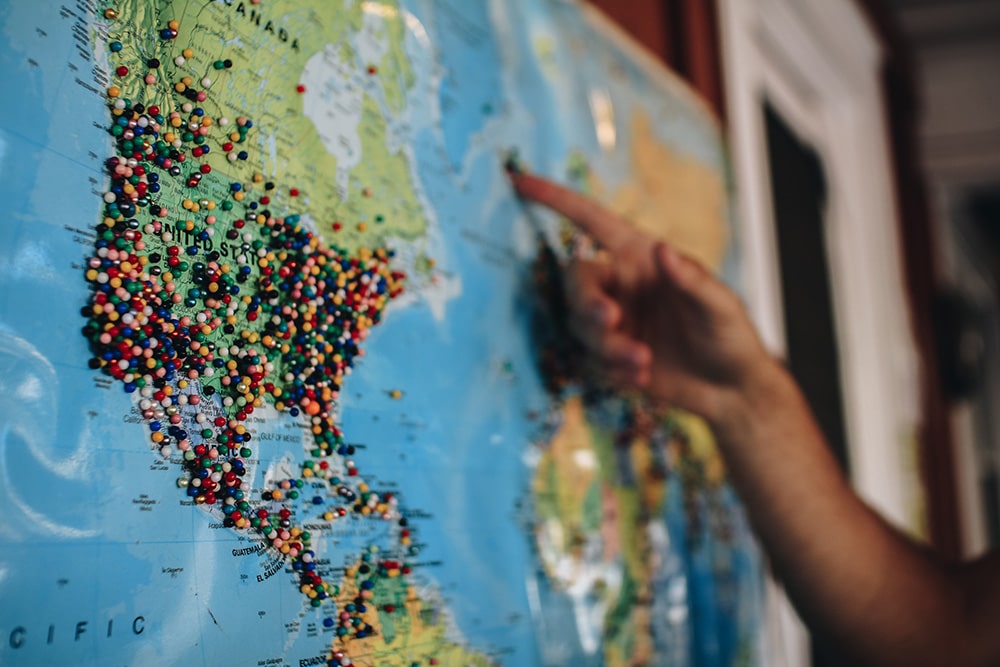
This post may contain affiliate links. If you purchase through our partner links, we get paid for the referral at no additional cost. For more information, visit my disclosure page.
Why AI Travel for RVers Matters
Unlike airplane or hotel travelers, RVers must juggle a multitude of variables: safe driving routes, campsite hookups, weather, cell phone signal, fuel prices, and pet-friendly stops. Artificial intelligence can now simplify all that by analyzing thousands of data points — fast.
Imagine saying, “Find me a 3-day scenic route from Bend to Yosemite, avoiding mountain passes, with dog-friendly campsites and reliable Wi-Fi.” In seconds, AI-based tools can create your route, book your campsites, and even forecast weather patterns for travel days.
The Best AI Tools for Planning RV Adventures
Here are some top picks designed (or well-suited) for RV life. Each one saves time, fuel, and stress — and several offer free trials through affiliate links below.

1. RV Trip Wizard
- Custom route planning for your rig’s length, height, and weight.
- Integrates with Campground Reviews and GasBuddy.
- Great for mapping dump stations and fuel stops.
Wally’s Take: “Finally, no more white-knuckle turns under low bridges.”
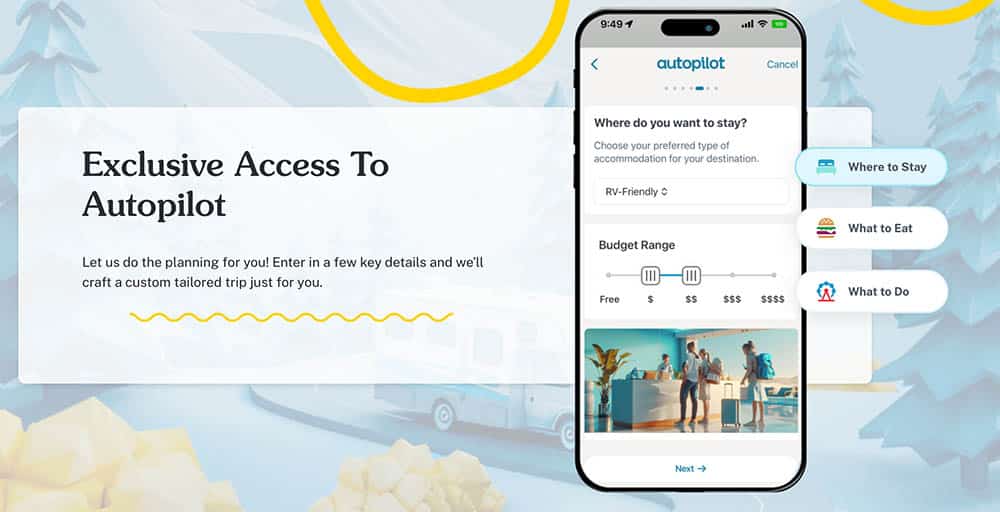
2. RoadTrippers
- Powered by AI and what they’ve learned from 38 million trips.
- Roadtrippers Autopilot™ plans your trip for you.
- AI-assisted filtering for dog-friendly, electric, or solar sites.
- Includes user photos, cell coverage reports, and boondocking filters.
- All your Campendium favorites and more are now in Roadtrippers.
- Join with our Special $5 Off PROMO Code: BTR5QTP
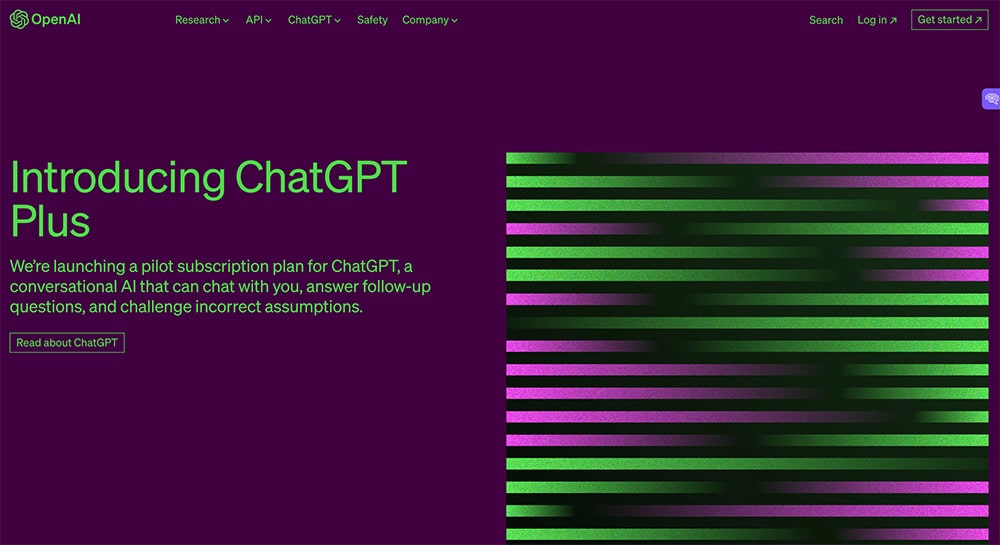
3. ChatGPT
- Create custom itineraries and export them into your RV GPS.
- Ask things like “Plan a loop from Santa Fe to Sedona with 4-hour driving days and scenic stops.”
- Works beautifully for flexible, creative route ideas.
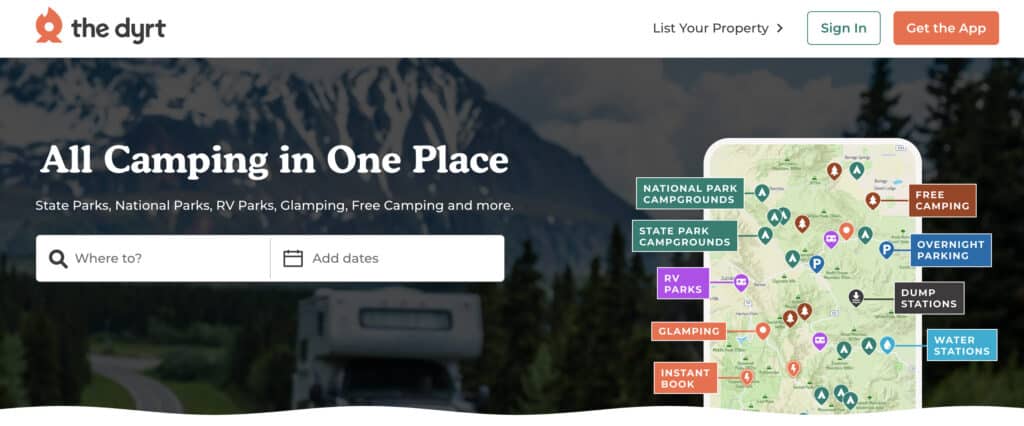
4. The Dyrt Pro
- 50,000 Campgrounds & Offline Maps
- 5,000 Free Campgrounds Locations
- Maintenance reminders, campground finder, and trip planner in one.
- Great for RV newbies who want everything in one dashboard.
- Bonus: Includes discount codes for Good Sam and Harvest Hosts.

5. Starlink or Nomad Internet
- If you’re working remotely, AI tools need a strong internet connection!
- Compare coverage maps with your planned route to ensure a reliable signal.
Key Takeaway
AI travel is reshaping how we plan and enjoy trips, reducing research time by providing tailored recommendations, much like Netflix does for movies. It’s not just travelers who are benefiting – businesses in the industry are also upping their game, offering personalized services and enhanced experiences. Despite these advancements, remember that nothing can fully replace the human touch.
Step-by-Step: How to Use AI to Plan Your RV Trip
1. Set your parameters.
Enter your RV size, daily driving limits, fuel type, and whether you prefer boondocking, hookups, or both.
2. Ask more thoughtful questions.
“Show me campgrounds within 10 miles of Lake Tahoe that allow dogs and have solar power hookups.”
3. Let AI crunch the data.
It’ll compare routes, campsite availability, and travel time to build your itinerary.
4. Save & adjust.
Use your favorite mapping app (Garmin, Apple Maps, or Google Maps) to tweak for personal stops.
5. Add your essentials.
Attach your AI-curated stops to your travel calendar, print or export GPX files to your RV GPS.
My Favorite Gear & Services for Smarter Travel
Everything below is something I’ve personally used or tested while traveling with Wally.
(Contains affiliate links — your purchase helps keep Wally stocked in biscuits!)
| Category | Product | Why It’s Great for RVers |
|---|---|---|
| Connectivity | STARLINK Mini Kit -4th Gen Mini Antenna with Wi-Fi Router | Fast internet anywhere — Star Links High-Speed Internet for RVs, Camping, Travel, Remote Work, and Off-Grid Use, Internet Kit for Enhanced RV |
| Safety | Garmin 7-Inch RV 795 GPS Navigator | Large 7” RV navigator offers a bright, high-resolution touchscreen to easily view your route and map updates of North America |
| Comfort | Zero Breeze Mark 3 Portable Air Conditioner | Keeps your rig cool during summer boondocking. Portable AC for Car,Outdoor,Rvs,Camping |
| Dog Travel | Mt. EverRest™ Dog Cot Ruffwear for camping | Portable Indoor & Outdoor Elevated Pet Bed, Tool-Free Assembly, Breathable Microsuede Hammock Topper |
| Solar Power | Jackery Explorer 2000 v2 Portable Power Station | High-Capacity Power Solution: With 3 AC ports delivering a total output of 2200W effortlessly meets your power needs for home backup, outdoor camping. |
Pro Tips for Using AI on the Road
- Always double-check route details — AI isn’t perfect with bridge heights!
- Download offline maps before driving through rural areas.
- Ask AI to include rest areas and pet stops for your dog’s comfort.
- Re-run your itinerary weekly if weather or closures change.
- Use multiple tools: one for routing, another for campsites, and one for gear tracking.
Tailored Recommendations vs. Generic Suggestions
You may ask why I should trust an algorithm over my research abilities.
Consider this: according to Expedia Group’s survey results, the average traveler spends over five hours researching a trip and reviews 141 pages of content. For Americans, that number goes up to 277. AI significantly reduces this time by analyzing hundreds of thousands of data points in seconds and providing suggestions tailored to you. It’s like having your personal travel assistant.
Look, no guidebook or website can beat the pinpoint accuracy of AI suggestions. Why? Because they’re not tailored to your unique tastes.
Optimizing Budgets with AI
A significant impact of AI on business travel comes from its ability to analyze data and make cost-effective decisions quickly. By evaluating various factors, such as flight prices, hotel rates, and car rental costs, it can find the best deals within seconds. This way, businesses save money without compromising comfort or convenience.
This use case is just one example of AI’s analytical prowess. With a single scan across multiple databases worldwide, companies get optimal solutions that human agents would take hours, if not days, to compile manually.

Common Mistakes to Avoid
- Relying on car-based travel apps that ignore RV restrictions.
- Forgetting to verify campground access (some “RV-friendly” listings aren’t).
- Not checking the dump station or water availability in AI suggestions.
- Over-trusting AI mileage estimates — always build in rest days!
Key Takeaway
AI is transforming the travel industry by enabling personalized and efficient trip planning. It sifts through mountains of data in minutes to deliver bespoke itineraries that traditional agents often miss. So, forget generic package deals and lengthy booking processes – AI-powered travel agents make every journey truly yours.
Free Download: AI RV Trip-Planning Checklist
Sign up for my newsletter to grab the printable checklist that walks you through using AI tools, route planning, and campsite booking for your next road trip.
👉 Join here: travelswithwally.com/newsletter
Final Thoughts: Smarter Planning, More Freedom
AI isn’t here to replace the thrill of spontaneous travel — it’s here to handle the logistics so you can focus on the fun parts. Whether you’re mapping a cross-country loop or finding your next peaceful lakeside boondock, these tools make RV life simpler, safer, and more adventurous.
So load your route, pack your gear, give your pup a treat, and roll out — adventure (and maybe a new affiliate deal) awaits.
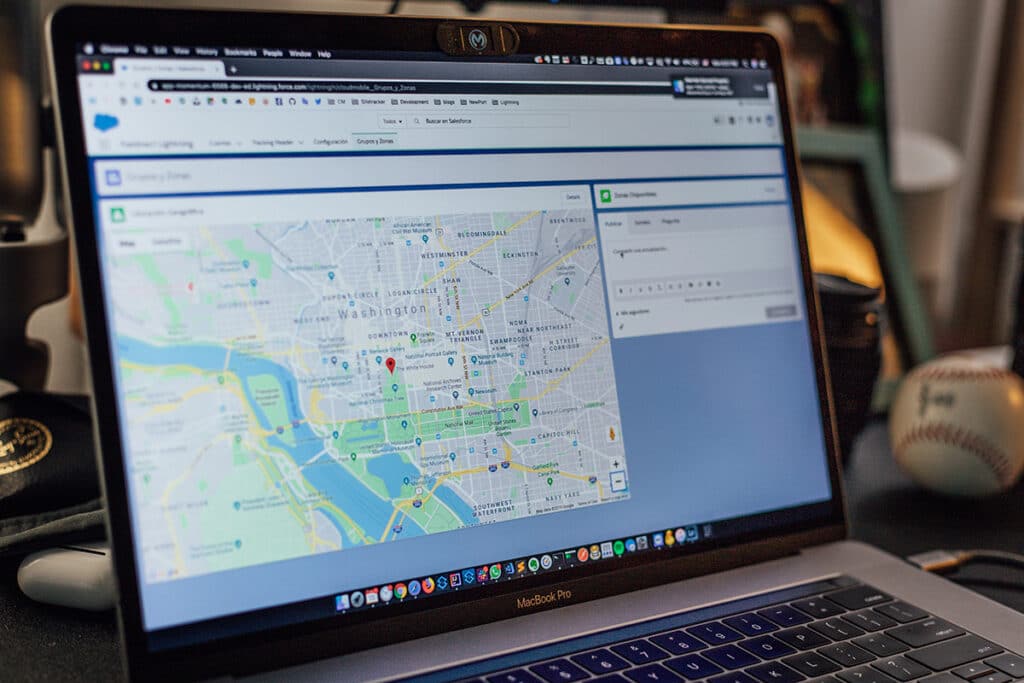
Farewell, Manual Planning.
We no longer need hours hunched over maps trying to decipher cryptic symbols (was that supposed to be a picnic spot or bear sighting?). Nor do we need to wrangle with multiple travel websites, making our eyes blurry as we compare rates and reviews. AI has taken the legwork out of planning road trips.
The Result? More Freedom & Fun.
At the end of the day, all these technological marvels lead to one fantastic result – more freedom for us explorers. With our paths planned and pit stops tailored just for us.
Key Takeaway
AI is crafting your ideal travel adventures with ease. Think of it like a movie suggestion tool, using your past choices to forecast and organize future journeys tailored just for you. It goes beyond just activities – it covers where you’ll stay and eat. However, there’s more to it than just guessing what you might like; it introduces the excitement of discovering new experiences beyond your regular haunts.
FAQs
What is AI for travel?
In travel, AI, or artificial intelligence, is used to personalize trip planning. It offers tailored recommendations and automates processes like booking and itinerary creation.
What is the AI website for vacation?
Websites like RV Life Wizard utilize AI to curate personalized vacation plans tailored to your preferences and interests.
Is there an AI for travel planning?
Absolutely. Various apps leverage artificial intelligence to simplify trip preparation. They offer customized suggestions, manage bookings, and even plan itineraries.
How do I plan a trip through AI?
To start with, consider an app or website that utilizes AI technology, such as Airbnb or ChatGPT Plus. These platforms ask questions about your preferences and craft a unique journey.
Wrapping up our exploration of AI in travel, it’s evident that we’re speeding towards a future full of exciting possibilities!





![49 Cool & Unique Bucket List Ideas Across the U.S.[Updated for 2025] 14 49 Cool & Unique Bucket List Ideas Across the U.S.[Updated for 2025]](https://travelswithwally.com/wp-content/uploads/2022/12/OhThePlaces-e1671251397245-768x419.png)

